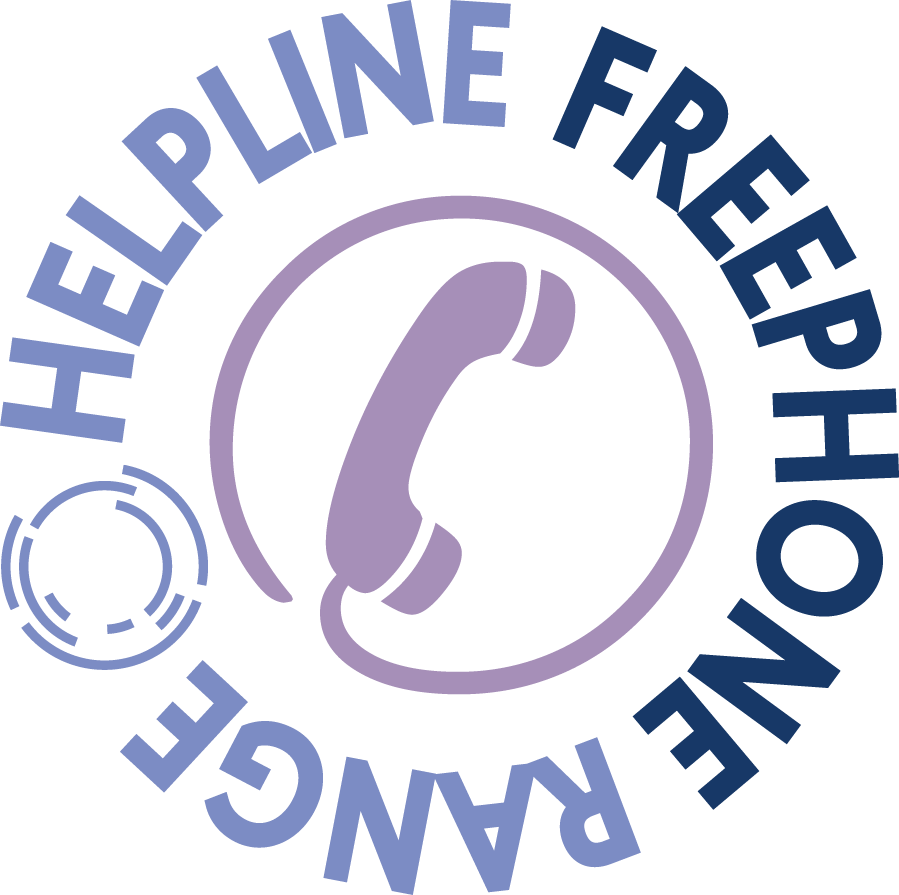Pregnancy and baby Charities Network
Our CEO, Jenny Ward is currently the Chair of the Pregnancy and Baby Charities Network (PBCN) The PBCN represents UK charities whose focus includes one or more of the following:
- Make the UK the safest place in the world in which to have a baby, regardless of ethnicity, income, or circumstances.
- Give all sick and premature babies the best chance of survival and quality of life.
- Provide every family with the bereavement care they need after pregnancy or baby loss.
To reach these goals, everyone must have unhindered access to the care they need, when they need it, across the pregnancy and baby journey.
The Pregnancy & Baby Charities Network is governed by agreed Terms of Reference. Read the Manifesto 2021 setting out key priorities or an expanded version with added background information.
National Bereavement Care Pathway
The Lullaby Trust is a core group member of the National Bereavement Care Pathway. Sands leads the collaboration of partners who have developed the National Bereavement Care Pathway to improve the quality and consistency of bereavement care received by parents in NHS trusts after pregnancy loss or the death of a baby.
Baby Loss Awareness Alliance
The Lullaby Trust is a member of the Baby Loss Awareness Alliance which organises Baby Loss Awareness Week in the UK. This is a week for everyone in the baby loss community and beyond to come together to remember and commemorate much-loved and missed babies. The week provides and opportunity to raise awareness of the impact of pregnancy and baby loss; the importance that bereavement support plays in the ongoing bereavement journey; and of the vital work that is needed to improve pregnancy outcomes and to save babies’ lives.
Smoking in Pregnancy Challenge Group
The Smoking in Pregnancy Challenge Group is a coalition of organisations committed to reducing rates of smoking in pregnancy. Set up in 2013 the Group was Chaired by the Lullaby Trust’s then CEO, Francine Bates until she left the organisation. The Lullaby Trust continues to be a member of the Group.
National Child Mortality Database
The Lullaby Trust is one of three charity partners of the National Child Mortality Database (NCMD). The NCMD is a national data collection and analysis system and is the first of its kind anywhere in the world. It records comprehensive data, standardised across a whole country (England), on the circumstances of children’s deaths. The purpose of collating information nationally is to ensure that deaths are learned from, that learning is widely shared and that actions are taken, locally and nationally, to reduce the number of children who die. The Lullaby Trust works with the team regularly and has also worked on a number of key thematic reports produced by the NCMD including the December 2022 report into Sudden and Unexpected Death in Infancy and Childhood [link]
Office for Product Safety and Standards
The Office for Product Safety and Standards (OPSS) is the UK’s national product regulator, within the Department for Business and Trade, created in 2018 they are responsible for the regulation of most consumer goods excluding food, medicines and vehicles. The OPSS applies regulations across the product lifecycle from design, accreditation and manufacture through to labelling, supply, end use and safe disposal. The Lullaby Trust sits on the Comsumer Reference Panel of OPSS and has worked on a number of projects with OPSS in relation to baby products.
British Standards Institute
The Lullaby Trust’s CEO, Jenny Ward, sits on a number of BSI panels relating to baby products. The UK’s National Standards Body, which aims to instil best practices across products.
Maternity Consortium
We are working with the Maternity Consortium of the Sands and Tommy’s Joint Policy Unit. This project was developed with the aim of addressing health inequalities by tackling some of the barriers to families engaging with antenatal and postnatal health services.
Maternity Disparities Taskforce
The Maternity Disparities Taskforce was launched in February 2022 to explore inequalities in maternity care and identify how the government can improve outcomes for women from ethnic minority communities and those living in the most deprived areas.

